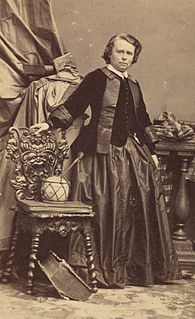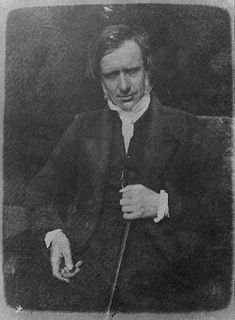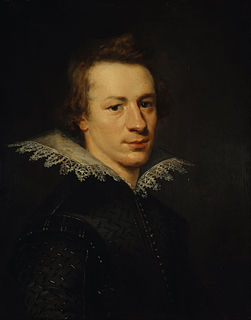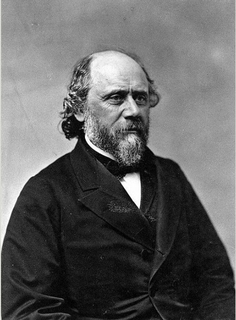A Quote by Plutarch
A Locanian having plucked all the feathers off from a nightingale and seeing what a little body it had, "surely," quoth he, "thou art all voice and nothing else.
Related Quotes
Either all things proceed from one intelligent source and come together as in one body, and the part ought not to find fault with what is done for the benefit of the whole; or there are only atoms, and nothing else than a mixture and dispersion. Why, then, art thou disturbed? Say to this ruling faculty, Art thou dead, art thou corrupted, art thou playing the hypocrite, art thou become a beast, dost thou herd and feed with the rest?
The impious soul, however, punishes itself by seeking a human body to enter into, for no other body can receive a human soul; it cannot enter the body of an animal devoid of reason. Divine law preserves the human soul from such infamy... The soul passeth from form to form; and the mansions of her pilgrimage are manifold. Thou puttest off thy bodies as raiment; and as vesture dost thou fold them up. Thou art from old, O Soul of Man; yea, thou art from everlasting.
Antiquity! thou wondrous charm, what art thou? that being nothing art everything? When thou wert, thou wert not antiquity - then thou wert nothing, but hadst a remoter antiquity, as thou calledst it, to look back to with blind veneration; thou thyself being to thyself flat, jejune, modern! What mystery lurks in this retroversion? or what half Januses are we, that cannot look forward with the same idolatry with which we for ever revert! The mighty future is as nothing, being everything! the past is everything, being nothing!
Sin! Sin! Thou art a hateful and horrible thing, that abominable thing which God hates. And what wonder? Thou hast insulted His holy majesty; thou hast bereaved Him of beloved children; thou hast crucified the Son of His infinite love; thou hast vexed His gracious Spirit; thou hast defied His power; thou hast despised His grace; and in the body and blood of Jesus, as if that were a common thing, thou hast trodden under foot His matchless mercy. Surely, brethren, the wonder of wonders is, that sin is not that abominable thing which we also hate.
He is everywhere, the pure and formless One, the Almighty and the All-merciful. "Thou art our father, Thou art our mother, Thou art our beloved friend, Thou art the source of all strength; give us strength. Thou art He that beareth the burdens of the universe; help me bear the little burden of this life." Thus sang the Rishis of the Vedas. And how to worship Him? Through love. "He is to be worshipped as the one beloved, dearer than everything in this and the next life."
When thou art quiet and silent, then art thou as God was before nature and creature; thou art that which God then wats; thou art that whereof he made thy nature and creature: Then thou hearest and seest even with that wherewith God himself saw and heard in thee, before every thine own willing or thine own seeing began.
When thou art offended at any man's fault, forthwith turn to thyself and reflect in what manner thou doest error thyself. For by attending to this thou wilt quickly forget thy anger, if this consideration is also added, that the man is compelled; for what else could he do? or, if thou art able, take away from him the compulsion.
I smil'd to my self at the sight of this money, O drug! said I aloud, what art thou good for? Thou art not worth to me, no not the taking off of the ground, one of those knives is worth all this heap, I have no manner of use for thee, e'en remain where thou art, and go to the bottom as a creature whose life is not worth saving. However, upon second thoughts, I took it away.
As there is no worldly gain without some loss, so there is no worldly loss without some gain; if thou hast lost thy wealth, thou hast lost some trouble with it; if thou art degraded from thy honor, thou art likewise freed from the stroke of envy; if sickness hath blurred thy beauty, it hath delivered thee from pride. Set the allowance against the loss, and thou shalt find no loss great; he loses little or nothing, that reserves himself.







































